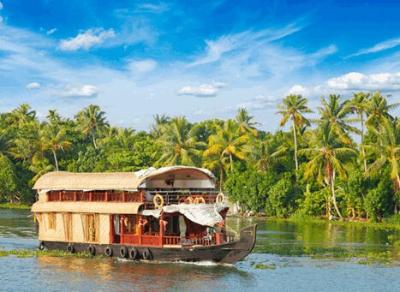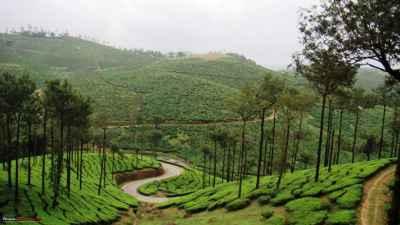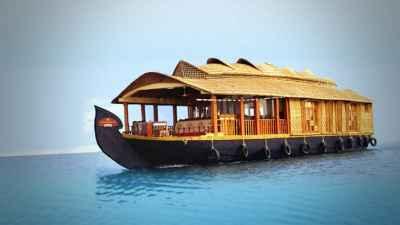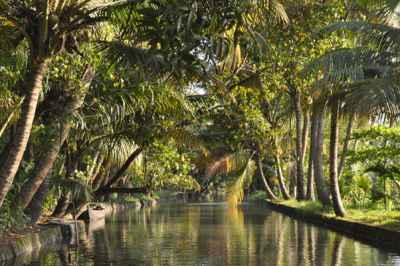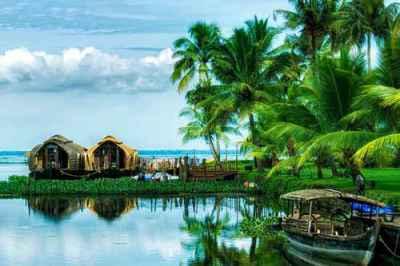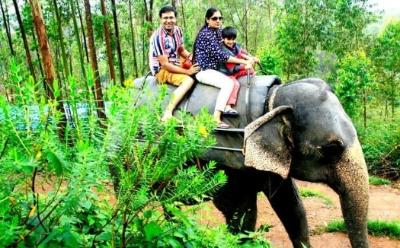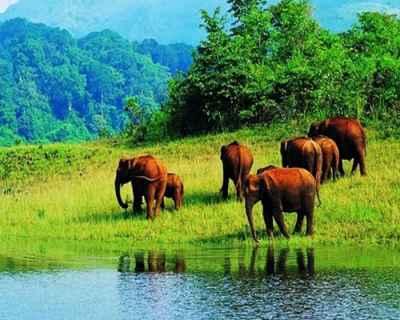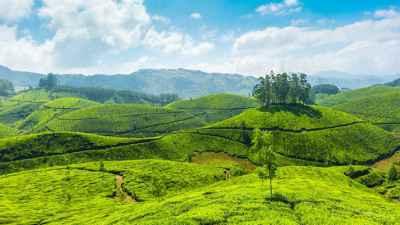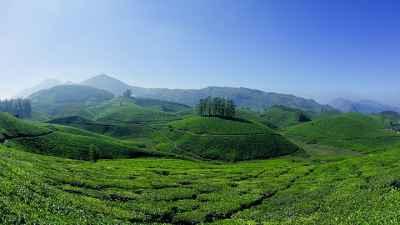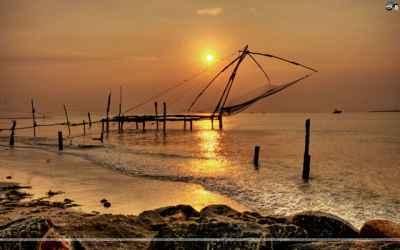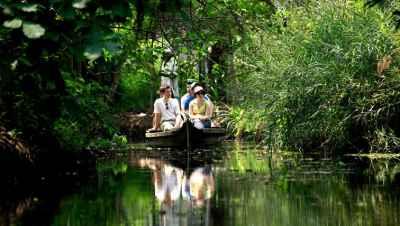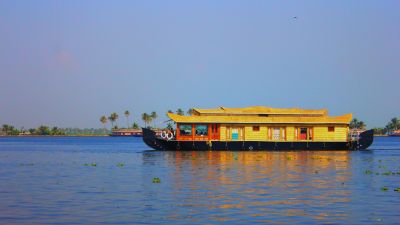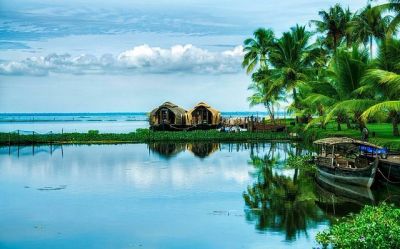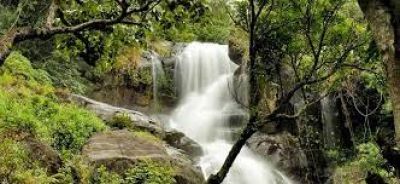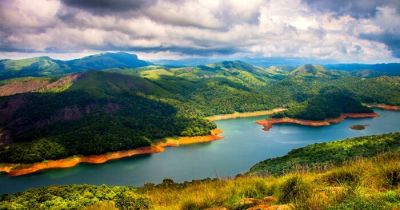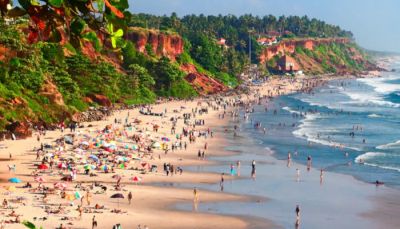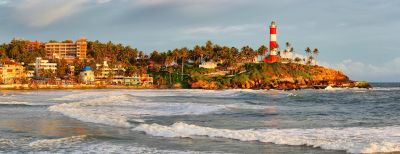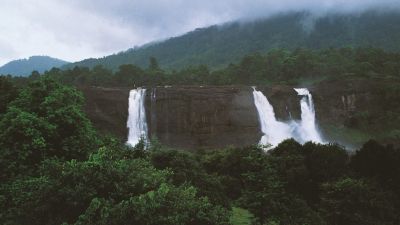Kerala’s Lagoons and Wetlands: Biodiversity Hotspots
The southern state of Kerala, located on the Malabar Coast of India, is renowned for its natural beauty and biodiversity. From pristine beaches and lush green forests to picturesque backwaters and mesmerizing hill stations, Kerala offers a diverse range of landscapes to explore. One of the most enchanting aspects of Kerala's natural wonders is its lagoons and wetlands, which serve as biodiversity hotspots and are a haven for wildlife and plant species.
The Backwaters of Kerala
One of the highlights of Kerala's lagoons and wetlands is the intricate network of backwaters. These backwaters consist of a vast network of canals, rivers, and lagoons that stretch along the coast of the Arabian Sea. The most famous among them is the Vembanad Lake, which is the largest lake in Kerala and is known for its scenic beauty.
A unique feature of the backwaters is the houseboats, locally known as Kettuvallams, that traverse the serene waterways. These houseboats offer a mesmerizing experience, allowing visitors to immerse themselves in the tranquility of the surroundings while enjoying the luxury and comfort of onboard amenities.
As you sail through the backwaters, you will witness the lush green paddy fields, coconut groves, and small villages that dot the landscape. The backwaters are not just a treat for the eyes but also a treasure trove of biodiversity.
Biodiversity Hotspots
Kerala's lagoons and wetlands are rich in biodiversity, supporting a wide array of flora and fauna. The wetlands act as crucial ecosystems for various species of birds, fishes, amphibians, and mammals.
The backwaters are home to several species of birds, including the majestic Great Indian Hornbill, Kingfishers, and Herons. They provide nesting and resting grounds for migratory birds that flock to Kerala during the winter months. The Kumarakom Bird Sanctuary, situated on the banks of Vembanad Lake, is a hotspot for birdwatchers and nature enthusiasts.
The wetlands also play a vital role in the lifecycle of several aquatic species. The backwaters are teeming with fishes like Pearl Spot, Katla, and Tilapia. The tranquil waters also support amphibians like frogs and toads.
Sustainable Tourism and Conservation Efforts
Kerala has long recognized the importance of sustainable tourism and has taken significant steps to protect and preserve its fragile ecosystems. The government, along with various non-governmental organizations and local communities, has initiated several conservation programs to safeguard the biodiversity of the lagoons and wetlands.
Efforts are being made to regulate tourism activities in the backwaters to minimize the impact on the environment. Local communities are actively involved in responsible tourism initiatives, providing visitors with authentic experiences while ensuring the protection of natural resources.
Moreover, awareness campaigns and educational programs are conducted to educate both locals and tourists about the importance of biodiversity conservation and the need to preserve the delicate balance of ecosystems.
Conclusion
Kerala's lagoons and wetlands are undoubtedly a treasure trove of biodiversity and a paradise for nature lovers. The serene backwaters and lush greenery offer a unique and immersive experience for visitors, allowing them to witness the wonders of nature up close.
However, as travelers, it is our responsibility to ensure that we leave behind only footprints and take away beautiful memories. By practicing responsible tourism and respecting the delicate ecosystems of Kerala's lagoons and wetlands, we can contribute to their preservation and guarantee their existence for future generations to appreciate and enjoy.
So, the next time you plan a trip to Kerala, don't forget to explore the enchanting backwaters and relish the beauty and biodiversity they have to offer. And remember to share this blog post with friends and family who love to travel and appreciate nature. Happy traveling!
Disclaimer : The information provided in this blog is for general informational purposes only. While we strive to keep the content accurate and updated, TravelSetu assumes no liability for errors or omissions. If you believe any part of this blog infringes your rights or causes concern, please notify us immediately at info[at]travelsetu[dot]com so that appropriate action can be taken.
